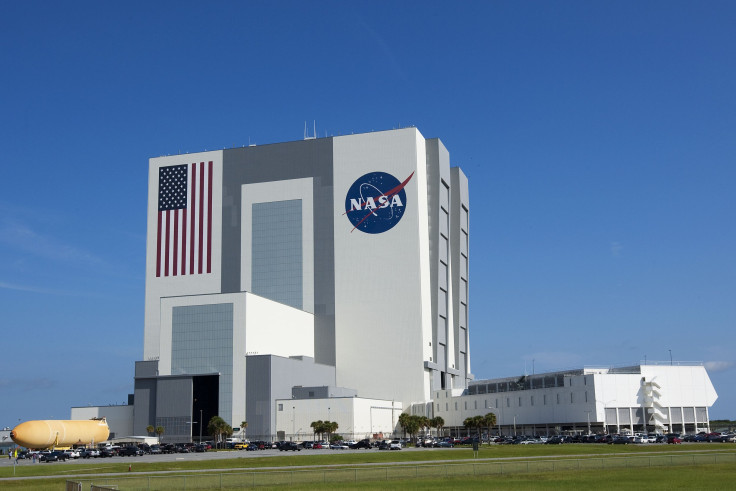NASA To Receive $19.3B In 2016 As Congress Boosts Funds For Commercial Crew Program, Planetary Exploration

After years of penny-pinching, NASA is finally set to get the federal funding it has long demanded, and more. On Wednesday, the U.S. Congress announced that the final version of the massive $1.1 trillion spending bill for 2016 will provide the space agency nearly $19.3 billion -- over $750 million more than the Barack Obama-led administration’s budget request, and $1.3 billion more than it received in 2015.
With the exception of NASA’s Earth sciences projects, which will receive $1.92 billion for the remainder of fiscal year 2016 -- slightly less than $1.95 billion the administration requested -- the budget not just meets but surpasses the funding request.
With the allocations, which earmark $1.24 billion for the commercial crew program, NASA might be able to start sending astronauts to the International Space Station (ISS) from U.S. soil by 2017. Although NASA has already ordered the first manned missions from its commercial crew suppliers, SpaceX and Boeing, no definitive launch dates have been set so far.
Under the current arrangement, Russia’s Soyuz rockets are the only means of ferrying astronauts to and from the ISS, and NASA has to shell out nearly $80 million for every seat on the Soyuz. In August, NASA Administrator Charles Bolden said that he had been forced to extend NASA’s contract with Russia due to continued cuts in the agency's funding requests.
“The funds provided in this act enable NASA to follow the fastest path to independence from Russia by providing for continuing development of a domestic crew launching capability,” Congress said in a report accompanying the spending bill.
Another big winner in the bill is the Space Launch System (SLS) -- a heavy-lift launch vehicle NASA hopes would one day help it send exploration teams to Mars and beyond. The SLS passed a critical design review in October, becoming the first rocket since the Saturn V to pass such a test.
Under the bill, the SLS will receive $2 billion, of which $85 million would be used to develop an “advanced upper stage” for the rocket. Additionally, NASA's Orion crew capsule, which would be carried atop the SLS and will ferry astronauts, will receive $1.27 billion.
The bill also sets aside $175 million for exploration of Jupiter’s moon Europa, which, with its sub-surface ocean, is the leading candidate in the hunt for extraterrestrial life. In addition to an orbiter, the legislation also calls for sending a lander to the moon by 2022 as part of the so-called Jupiter Europa Clipper Mission.
© Copyright IBTimes 2024. All rights reserved.






















